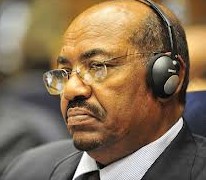
Politics and Islam: A religious movement in Sudan has become critical of Bashir and the ruling party
Last weekend, I discussed on Radio France International the meeting in Khartoum (Sudan) of thousands of politico-religious militants with strong links to the government: the general conference of the Islamist movement known as Al-Harakat Al-Islamiyyah is the most important political rally in the country of the last 10-15 years. Reformers among them believe Sudan’s military-Islamist regime has drifted from its revolutionary roots. Some are even calling on President Omar al-Bashir to leave office.
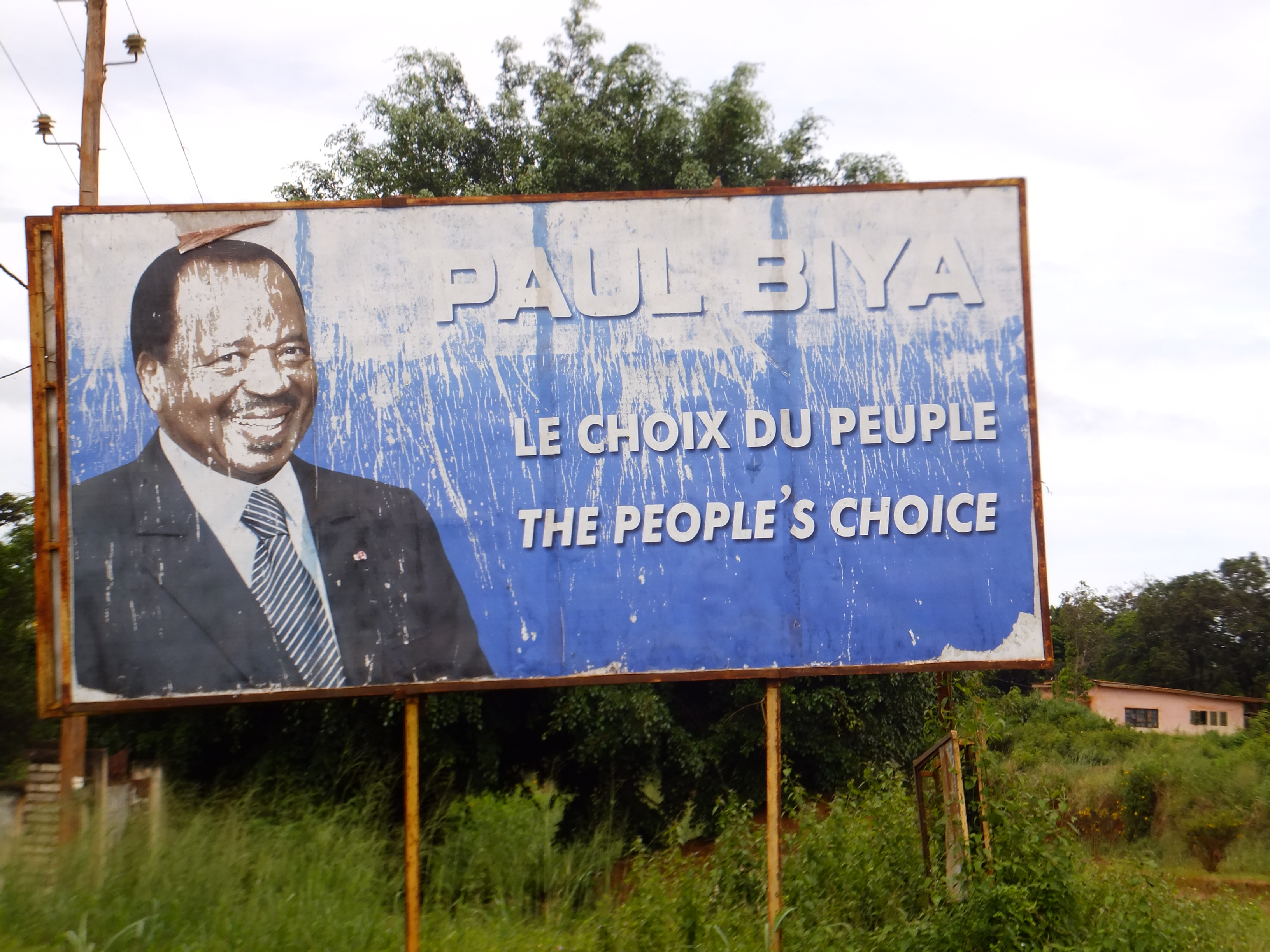
Thirty Years of Presidential Rule in Cameroon
The 6th of November 2012 marks the 30th anniversary of Paul Biya’s presidency (1982 – 2012) in Cameroon. Celebrations, dinners and galas for the ruling RDPC party (Rassemblement Démocratique du Peupe Camerounais) are taking place in cities across the country, most predominantly in the central regions, i.e. those with geo-political links and a common socio-cultural heritage (more generally but problematically referred to as ‘ethnic’ ties) to the ruling party.[1] Towns like Mfou, Nanga-Eboko, Nyong, Kelle and Mbam celebrated their political fidelity to President Biya.
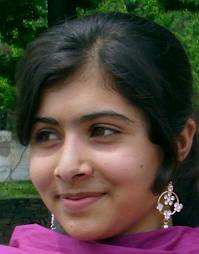
The story of how a little girl from Swat became a rallying point against the Taliban
In January 2009, Pakistan’s Swat valley was fully under the control of a Taliban affiliate, Tehrik-e-Nifaz-e-Shariat-e-Muhammadi(TNSM), and its leader Sufi Muhammad had issued a decree banning female education in the area. Only a handful of schools there had escaped the Taliban’s destructive wrath. While fear gripped the entire valley, Malala Yousafzai, an eleven years old girl from Swat’s Mingora town, began telling the world her innocent tales of surviving the Taliban’s ban on education.
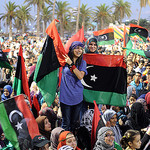
Winning the Peace: Libya’s transition is still perilous, but there is reason for hope
Libya’s outgoing Prime Minister, Adurrahim al-Keib, stated recently that “we are seeing the birth of a new Libya that is as beautiful as the waves of the sea.” Yet, given the enormous task of building a new democracy from scratch — and the equally immense economic, ethnic and political problems plaguing the new state — those waves belie turbulent currents.
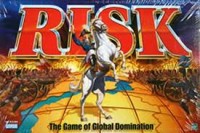
International Conflicts: What is the difference between risk and uncertainty?
To answer this question, I’ll begin with a few basic statements. Risk is tangible; uncertainty is not. One can define risk, but one can barely delineate the outer layers of uncertainty. Risk can be rendered concrete; uncertainty cannot.
Inside the Libyan Street
Jason Pack and Andrea Khalil in Monday’s Wall St. Journal. Written in Benghazi, Libya– September 11th now signifies a national tragedy not only for the United States but also for Libya. The killing of Ambassador Christopher Stevens in Benghazi during last Tuesday’s attack on the U.S. mission has upset the delicate political transition from dictatorship to democracy that was unfolding here in Libya. It also has obscured parliament’s prudent selection last Wednesday evening of Mustafa Abushagour—a moderate Islamist and respected technocrat—as prime minister. Yet spontaneous street demonstrations throughout the week denouncing the attack and seeking to pressure the government to act against its perpetrators suggest that Libyans are determined to build an inclusive society, free from fear. On Wednesday night …

Angola: Transparency reforms yield little change
Depending on whom you read, the Angolan government is either run by a band of committed reformists or is in the grip of a villainous, money-hungry elite. Long a critic, the International Monetary Fund now lionises “the significant progress made toward improving fiscal transparency”. Civil society activist Rafael Marques de Morais condemns the relentless self-enrichment by government officials using “their official positions to override the line between public and private interests”. While Angola’s oil economy has never been more transparent, the impact of this on the governance of the country is trivial and even strengthens the regime. Angola gained notoriety just over a decade ago as an oil-rich country run by an oligarchy lording over an impoverished, war-weary population. Global …
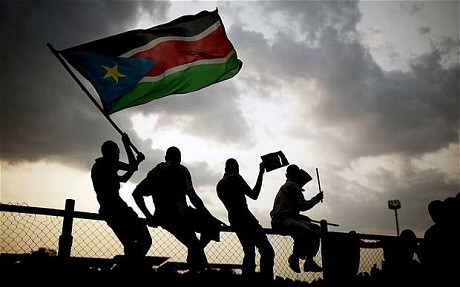
The Two Sudans, One Year On.
Following decades of internal civil strife, on July 11, 2011, the African nation of Sudan separated into two de jure sovereign states as the South finally gained its long-awaited independence. Yet those with any sort of intimate knowledge of Sudan will have viewed the scenes of jubilation across the South and the calm acceptance displayed by the North on the day of separation with caution. Although South Sudan’s moral claims to independence were never in doubt, its possibility of a peaceful future appeared, if anything, less certain following its separation from the North. A year on, it is a prescient time to reflect on how Africa’s most recently divorced couple are faring on their separate paths. For South Sudan, like …









